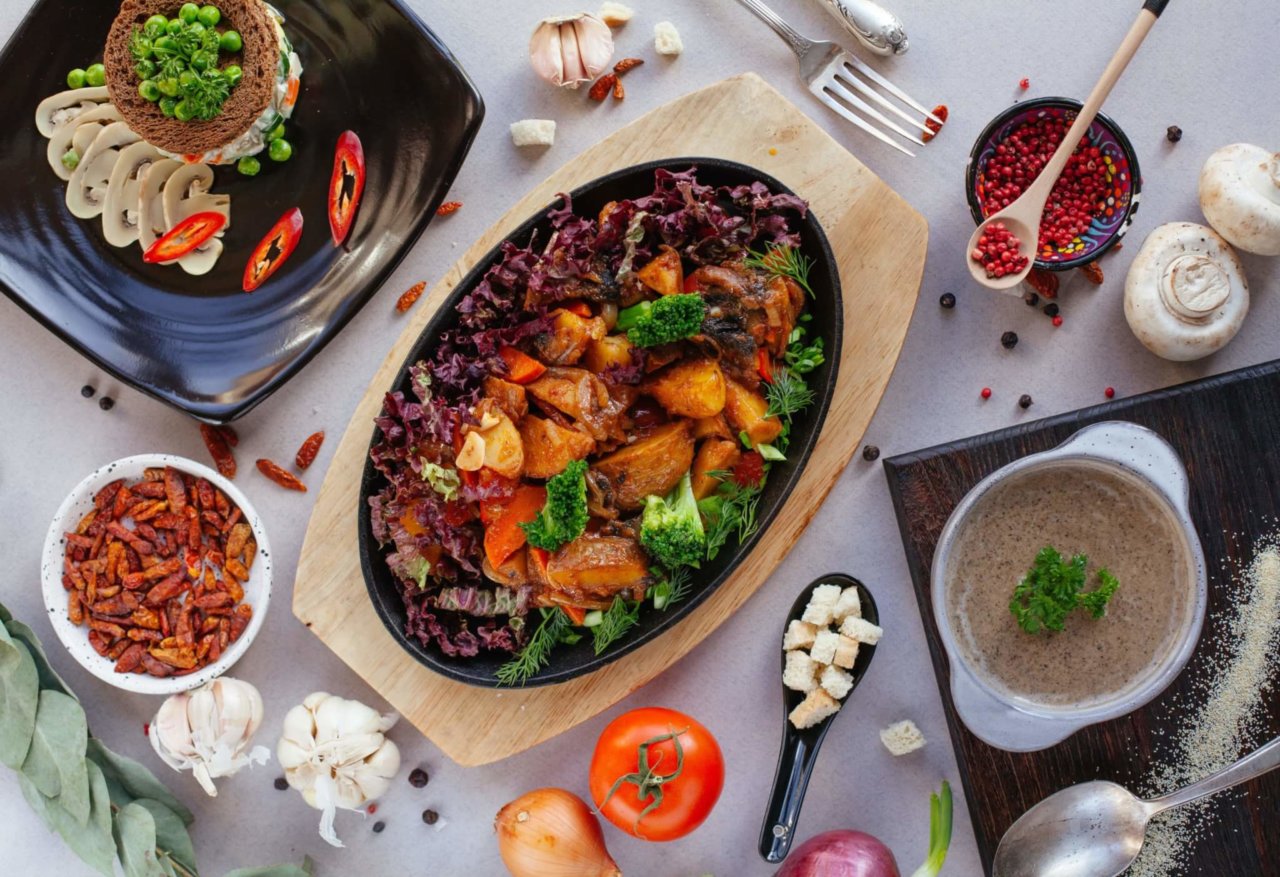With the pandemic taking up the lion’s share of 2020, and with no immediate end in sight as we head into the new year, it’s fair to assume that this year probably isn’t the one you had in mind. Most of us have had to postpone, cancel or alter plans that we wrongly surmised were set in stone.
How you decide to move forward in unusual times such as these is a deeply personal choice. However, one thing that never fails to lift spirits during hard times is learning a new skill; if you find yourself at home more often than not these days, there are a lot of creative projects you can dive into, such as cooking. If you’ve always dreamed of being a wow-worthy cook, take this time to turn literal lemons into lemonade by improving your overall skills in the kitchen.
We’ve compiled a list of a few ideas that will significantly improve your cooking skills at little or no cost.
Reduce flavours
Reducing is one of the easiest ways to enrich your dish’s flavours and offer a more impressive presentation. The science is simple: when you allow extra time for the contents of your braise to evaporate, you’ll be left with a more concentrated, headier liquid. It’s the opposite of “watering down”; a reduced sauce packs way more flavour into the final product. Simmering your dish until the sauce is nice and silky will create a world of a difference.
Sear meats and veggies
Searing is a technique that can take your dish from plainly okay to completely wow-worthy. When you take the time to sear your meat or vegetables, you caramelize the natural sugars and form a nice, textured crust. This process amplifies the savoury flavour, locks in the juiciness and gives it an extra delicious bite when it’s performed just right. For mouthwatering roasts, steaks and chops, this step is essential!
Learn different cutting techniques
Cutting is an avenue where a lot of us literally cut corners. So long as we can work our knives through whatever we’re cutting, we don’t give it a second thought; in fact, knife skills might even seem unnecessary. But the further you delve into the culinary world, the fewer directives you’ll see to chop and slice, and more you’ll see to julienne, brunoise, chiffonade and so on. As simple as it may seem, an ingredient’s shape and size can make or break a dish; it really is the small, seemingly “throwaway” elements that predicate how tasty something turns out. As with anything, the more you practice, the better you’ll become at mastering these methods, but simply knowing how to perform them in the first place will go a long way.
Experiment with recipes
If you’re always following recipes to a T in fear of messing up your entire dish, now’s the time to branch out. One of the only ways to improve your understanding of flavours and how they meld together is by experimenting. Everyone’s palate is different, so it’s crucial to find the combinations that work for you. Most dishes are forgiving, so deviating from the script here and there really shouldn’t ruin dinner. Might it result in a few failed attempts? Sure, but it’ll also lay the groundwork for tastier dishes in the future.
Taste as you go and seasoning slowly
When it comes to cooking, a lot is negotiable. One of the most discouraging experiences is when we’ve added too much of an ingredient and have to find a way to overcorrect. Unfortunately for us, overcorrecting isn’t as easy as it seems on the surface; doing so often requires understanding how flavours work together and against each other. Instead of doing all of that extra work, an easy workaround is to simply season slowly and taste as you go. That’ll help avoid feelings of your dish being “too this” or “too that” and inspire more feelings of it being “juuust right.” * Chef’s kiss*
Take advantage of free online tutorials
Whether you’re a visual, auditory or kinesthetic learner, there has never been a better time to take in information how you like it. Whichever skill you are looking to improve upon, there’s a video, a written guide or a hands-on course that you can take from the comfort of your own home. If, at any point, while you’re cooking, you find yourself unsure of how to proceed, your answer is only a web search away.
Cooking is very individual; you need to find what works for you and for the people you cook for. We hope that these suggestions offer you a great place to start. Happy cooking!

